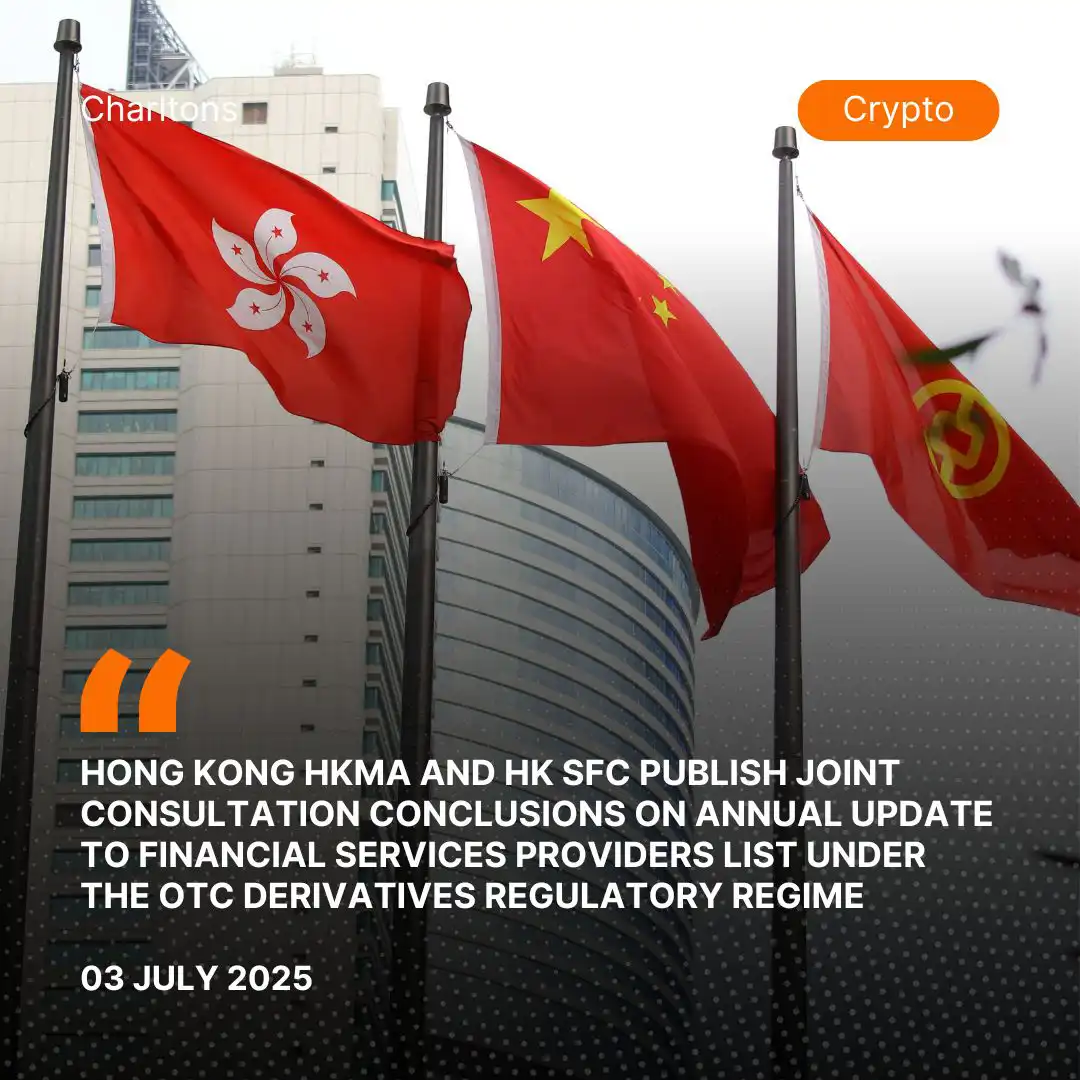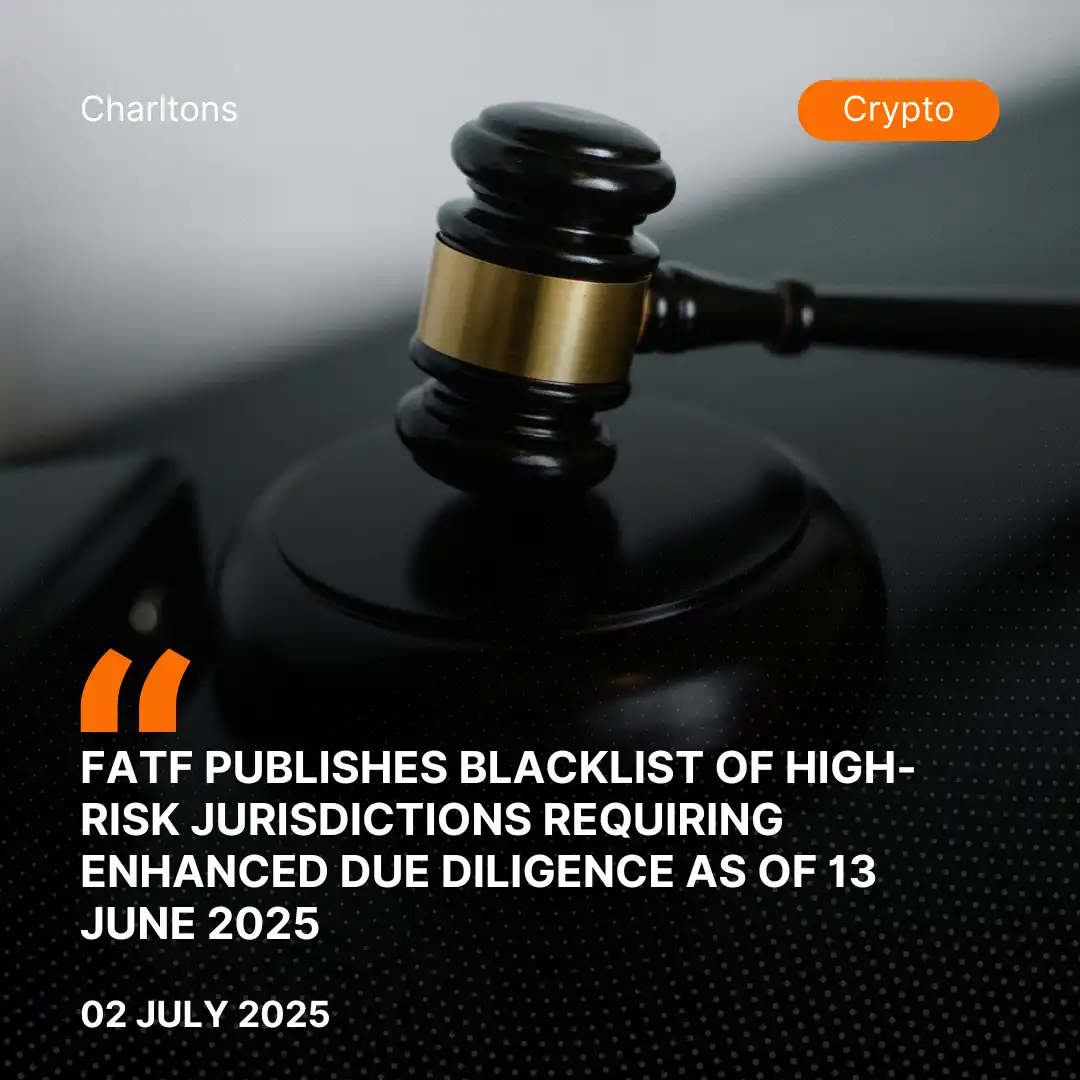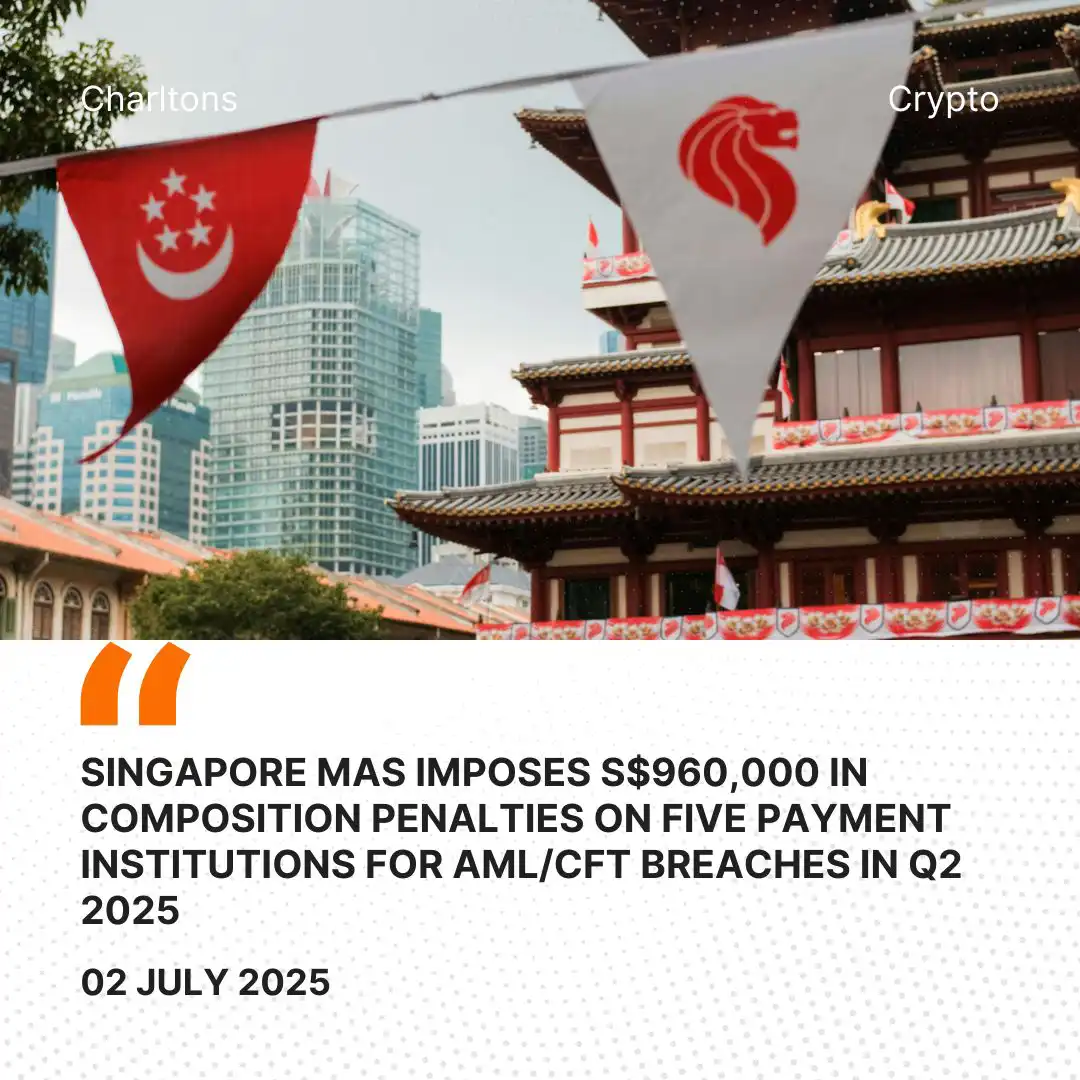
In a surprising turn of events, the governor of the Central Bank of Nigeria (CBN), Yemi Cardoso, has stated that cryptocurrency regulation falls under the purview of the Nigerian Securities and Exchange Commission (SEC), not the CBN. This marks a significant departure from the CBN’s previous stance of actively seeking to oversee the Nigerian cryptocurrency industry.
Cardoso’s remarks came amidst ongoing issues surrounding the detention of a Binance executive by the Nigerian government, who subsequently escaped custody and left the country. The governor’s statement signals a change in approach, indicating that the CBN is now willing to collaborate with law enforcement agencies and other regulators overseeing the Nigerian crypto sector.
Previously, under the leadership of now-incarcerated Godwin Emefiele, the CBN had taken a more assertive role in cryptocurrency regulation, issuing directives barring financial institutions from servicing crypto entities. However, this move contradicted crypto guidelines released by the SEC, leading to confusion and suspension of the SEC’s guidelines.
Now, with Cardoso at the helm, the CBN appears comfortable with the SEC taking the lead in cryptocurrency regulation. The governor emphasized that cryptocurrency regulation is not the responsibility of the CBN, but rather that of the SEC.
The shift in stance by the CBN highlights the evolving regulatory landscape surrounding cryptocurrencies in Nigeria. As the SEC takes the lead in regulation, collaboration between regulatory bodies becomes crucial for effective oversight and addressing challenges within the crypto sector.
Cardoso’s statements shows willingness to foster cooperation and clarity in cryptocurrency regulation, signaling a potential path forward for a more cohesive regulatory framework in Nigeria’s crypto industry. However, ongoing developments, including the detention of Binance executives, underscore the complexity and challenges involved in regulating cryptocurrencies in the country.





